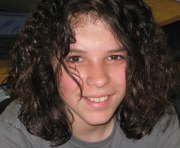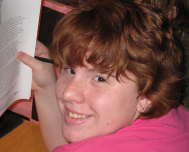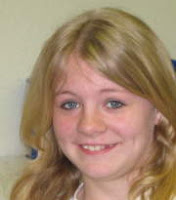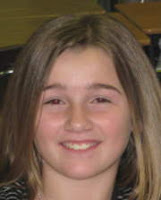1. Three lines with 17 syllables in the pattern of 5 syllables, 7 syllables, 5 syllables
2. Only one topic
3. Traditionally about nature and/or seasons
4. Does not rhyme
5. Written in present tense
6. Stirs the imagination
Sunshine by J. McGuire
Breaking through treetops
filtering golden beauty
bringing in the day
Spring By Alina S.
Daffodils and crocuses
Blooming everywhere
When it Rains by Josh P.
Clouds roaring with fierce
Lightening attacks with anger
Peaceful when rain stops
they are purple and yellow
they are spring flowers
Mushrooms by Sean C.
see those mushrooms, see them.
go and pick them please
Wildfire by Shelby C.
Bright like a wild fire
suddenly stepping forward,
out of plane nothing.
out of the rich dark brown soil
their bright pedals glow
look at the big sunflower
what a hot nice day
Morels by Mrs. Bower
Delicacies hiding low
cool, damp, sunny day.
Carpenter Bees by Mrs. Bower
Angry, droning pests
Aggressively drilling holes
wood chewing insect.
Pot O' Gold at the bottom
An arch of color
Walking in the Woods by Brittany M.
Walking in the woods
alone looking for a waterfall
it's close when it's cool.
Around and around it goes
Going on forever
Wandering through the forest
Gentle animals.
Grass by Amanda K.
long, soft cut, pokey
green, soft, rough, up in the air
falling all over
in the sky so high above
Fly by day and night.
Birds by Brianna G.
birds fly in the air
cardinals and red tailed hawks
what beautiful birds.
The trees of the damp
forest move swiftly by my
eyes with great beauty.



















































